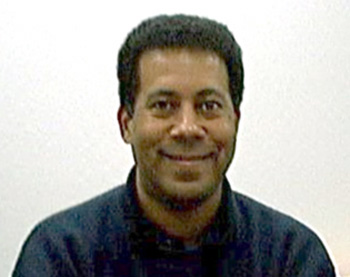Open Internet advocates poised between elation and despair


DeWayne Hendricks was among those who offered the elation. Like folks such as Dave Hughes 20 years ago he doesn't complain about what can't be done, he just goes out and does it. He spends his time pushing WiFi spectrum and technology to its limits, and delivering the results to communities that have never had broadband before.
At this conference he talked briefly about his building a WiFi network in Sandoval County, New Mexico, covering 3,700 square miles of desert and offering 100 mbps service "using technology available today.
"This is the tipping point. Wireless will be a competitive threat to the cableco and telco. This exceeds FIOS. This is no brag. This is fact." His conclusion, "The tools make the rules."
The despair came later, after lunch, when a panel of Congressional staffers showed total cluelessness about the real Internet, about net neutrality, or of the needs folks like Hendricks have for more unlicensed spectrum. After hearing a lot of complaints about the FCC, and the need for network neutrality, House staffer Dana Lichtenberg finally grew exasperated,
"The FCC is what we've got. The FCC is who our government looks to to handle regulation, deregulation, in general. We can disagree with what the FCC does. If we don’t turn to the FCC who do we turn to? Do we turn to the DC Circuit?"
What the room wanted, by this time, was open spectrum, more unlicensed frequencies innovators like Hendricks can use to compete with and destroy the Bells. The staffers did not even understand the issue. They thought the audience was talking about cellular.
Responded Senate staffer James Assey, "At the risk of setting off a riot, I wouldn’t disagree that has been a driver of innovation. The one thing about unlicensed is there is a neutrality in the rule of these systems – they have to accept interference. That is a rule of neutrality. When there are central network operators the issues are slightly different.
He was right about one thing. He did nearly set off a riot. At most conferences people are very respectful of the House and Senate staff. But you're not going to get what you want if you do that.
And given the importance of the issue that is very depressing indeed.